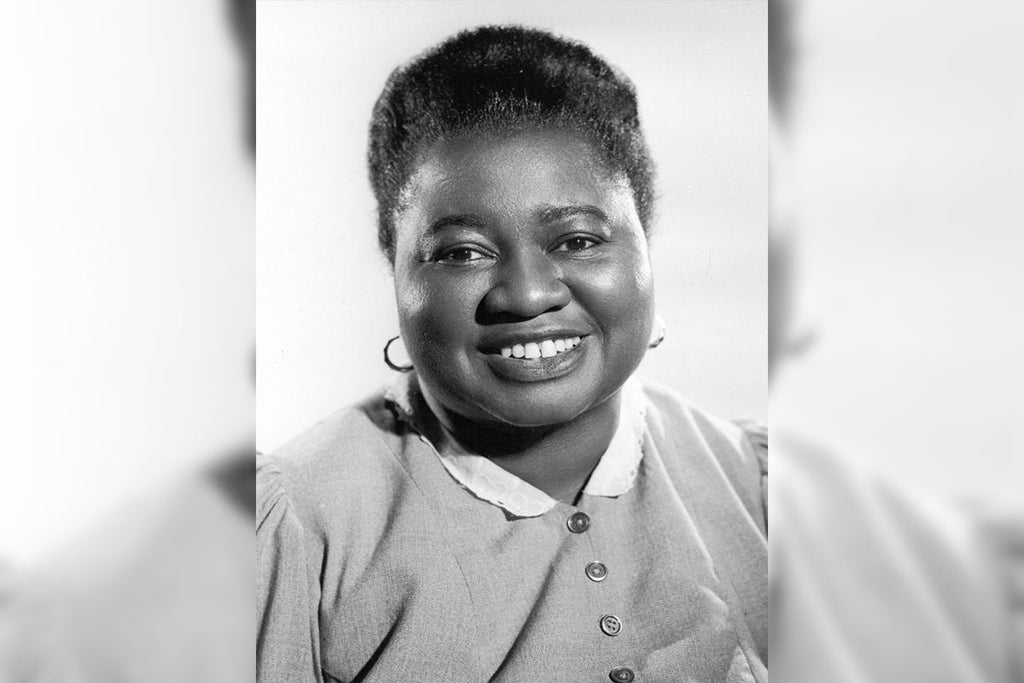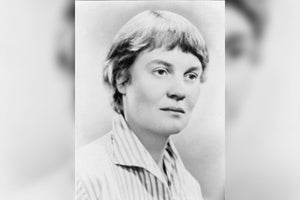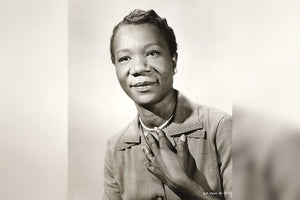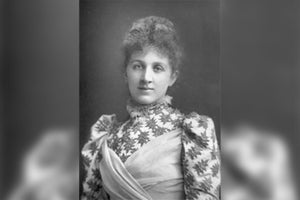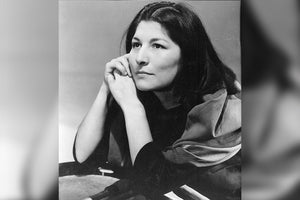Birthday - June 10, 1895
Who was Hattie McDaniel?
McDaniel was a singer and actress. She is known for being the first-ever African American actress to receive an Academy Award distinction. The award was for her portrayal of the character "Mammy" in the 1939 hit film, Gone with the Wind. Hattie's career was also as notable as it was controversial.
Five Facts About Hattie McDaniel
- Her portrayal of Mammy's character in the 1939 film Gone with the Wind is her most famous role.
- McDaniel suffered a heart attack back in 1951 during the filming of a show. Although she recovered from this and got to tape radio shows in the subsequent year, she died of breast cancer not long after.
- She was the 1st black woman to become a star in a radio show of her own. She succeeded Bob Corley, a voice actor of white heritage, for Beulah, a radio-based comedy series.
- McDaniel, despite her 1sts as a black woman in Hollywood, came with controversy. White-dominated Hollywood pigeonholed her in the role of a sassy Mammy character type. She even had 74 confirmed roles of the same archetype. The NAACP then discredited her for her perpetuation of distasteful stereotypes.
- On the night of her reception of the award, she was forced to sit separately from the other members of the cast.
Inspirational Quotes from Hattie McDaniel
"Putting a little time aside for clean fun and good humor…is very necessary to relieve the tensions of our time."
"In my life, God comes 1st, work second, and men third."
Hattie McDaniel's Biography
Early Life
Hattie Mcdaniel was born on June 10, 1895. She came from humble beginnings in Wichita, Texas. Her passion for sharing her talent eventually led to her leaving school in 1910 to pursue performing in multiple traveling minstrel groups. She eventually became one of the 1st black women to be on an American radio broadcast.
The Great Depression proved difficult for her and other vaudeville players. For the sake of self-sufficiency, she worked as a bathroom attendant at Sam Puck's club, a club in Milwaukee, Wisconsin. As was not uncommon in many establishments at that time, the club only hired white performers.
However, as word of McDaniel's talents continued to gain attention, some of the club patrons encouraged the owner for her to be allowed to perform. From there, McDaniel's career was looking upward. She performed at the club for over a year before leaving to find opportunities in Los Angeles.
Her brother was able to find for her a minor role in The Optimistic Donuts, a local radio show. She became known as Hi-Hat Hattie, eventually becoming the main attraction of the show.
Turning Point
She was the youngest daughter of a pair of liberated slaves. Sam, her older brother, was her guide in the performance career. Her work in Sam Pick's club as bathroom attendant and, eventually, the performer would then contrast the rest of her career.
When she auditioned for Mammy's character in the 1939 film, Gone with the Wind, accounts of that moment stated that McDaniel auditioned in an actual maid's uniform. This ultimately gave her the part.
David O. Selznick, Gone with the Wind movie producer, was informed by McDaniel herself of the movie's highly positive reviews. The Los Angeles Times described her performance as Academy Supporting Awards-worthy. Selznick took the opportunity and submitted McDaniel for the Best Supporting Actress category, leading to her nomination and win.
Mission and Work
Her career utilized her acting, singing, and comedic chops. Two years following her 1932 film debut, she was cast in the movie Judas Priest which got her to sing a duet with Will Rogers. As for her other film roles, she reportedly acted in about 40 films in the 1930s as either a maid or a cook.
Despite her growing prominence, treatment toward her remained discriminatory. On the night of her Academy Award win, she was escorted away from the rest of Gone with the Wind cast due to the strict "no blacks" policy of The Ambassador Hotel, the awards night's venue.
Even after her award win, the pigeonholing done to her continued, and she resumed portraying the servant archetype. Although her win was definitely a progressive movement toward racial equity in Hollywood, McDaniel was not spared from criticism for her continuation of portraying the servant archetype.
At the end of the Second World War, she set up entertainment for black soldiers. It was at this moment that the National Association for the Advancement of Colored People, or the NAACP, including other liberal black groups, swayed Hollywood to end McDaniel's typecasting into stereotypical roles. This, however, resulted in the plummet of McDaniel's Hollywood opportunities. Thankfully, her radio opportunities persisted.
In 1947, she agreed to play the role of a maid on The Beulah Show. The role made her the pioneering African American to star in a radio show that caters to a general audience. She was cast in the show's television adaptation but was replaced after being diagnosed with breast cancer. She was too sick to keep working.
Death and Legacy
As aforementioned, she was cast in the show's television adaptation but was replaced after being diagnosed with breast cancer becoming too sick to work. She died in 1952. She was 57 years old.
In the early 1970s, years after her death, her award was discovered to be missing. She had donated the award plaque to Howard University in Washington, D.C. Sadly, the location of the award is still unknown.
Truly, McDaniel carried with her many contradictions throughout her career. Despite the sad turn of events of her career, her successes as a woman of color at that time could not go unnoticed. They were prominent and progressive, and they marked significant milestones in the journey of racial equity.
![]() Fast Shipping
Fast Shipping![]() Subscribe to our Newsletter
Subscribe to our Newsletter![]() 🌟 New Global Competition 🌟
🌟 New Global Competition 🌟